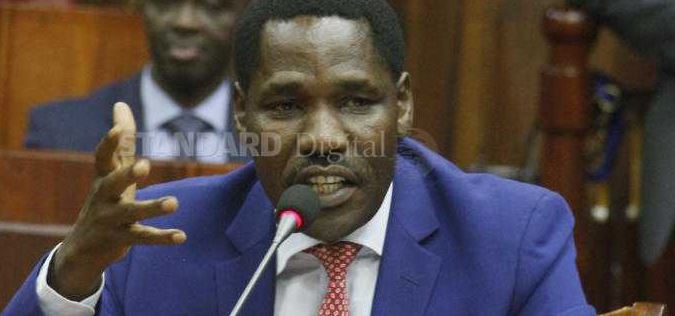×
The Standard e-Paper
Home To Bold Columnists

NAIROBI, KENYA: The government has opened the window for public comments on the draft tea (payment) regulations and tea (levy) regulations.
This follows coming into effect of the Tea Act 2020 on January 11. The drafting of the regulations is the culmination of reforms aimed at addressing the challenges currently facing the tea industry with a view to re-positioning towards sustainability and profitability.







